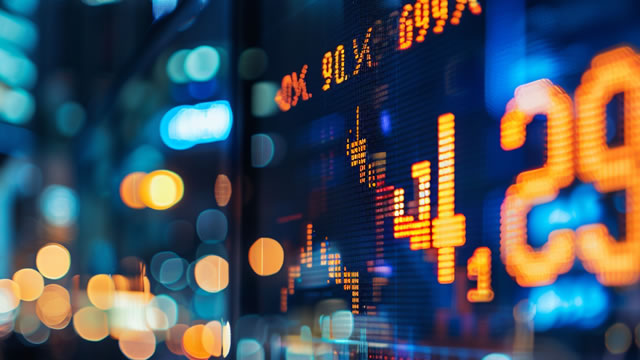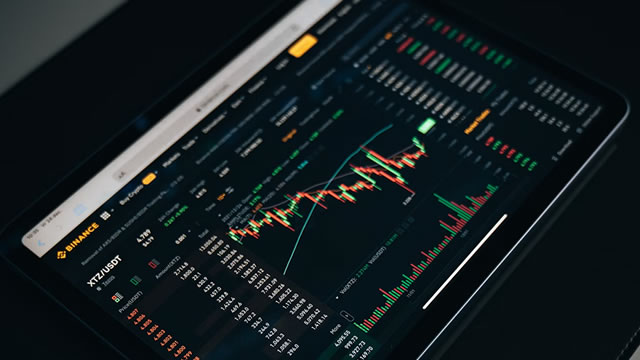A Rollercoaster Week in the Financial World
What a week it has been in the financial markets! Let’s take a look at some of the key events that had investors on the edge of their seats:
Inflation Indicators
The week started off with the release of the Consumer Price Index (CPI) and Producer Price Index (PPI) reports. The CPI came in lower than expected, indicating that inflation pressures are easing. This was a relief to investors, as higher inflation can lead to higher interest rates and slower economic growth. The PPI, on the other hand, came in higher than expected, indicating that producer prices are continuing to rise. This could lead to higher consumer prices down the line.
Retail Sales and Fed Speak
Later in the week, retail sales data showed that sales grew more than expected in March, indicating that consumers are still spending despite rising prices. This was followed by a slew of speeches from Federal Reserve officials, who signaled that they are in no rush to raise interest rates. This was a double-edged sword for investors, as it could lead to continued growth but also increased inflationary pressures.
Earnings, Tariffs, and Yields
Throughout the week, several major companies reported earnings, with many beating expectations. However, tariffs on Chinese imports remained a concern, as they could lead to higher costs for businesses and slower economic growth. Yields on the 10-year Treasury note saw a wild ride, first rising above 3% before falling back below 2.5%. This volatility was due in part to the conflicting signals from the Fed and the uncertainty surrounding trade.
Gold and Growth vs. Value
Despite the volatility in yields, gold made a new all-time high, reaching over $1,300 an ounce. This is often seen as a safe haven asset, as it tends to perform well during times of economic uncertainty. In the world of stocks, growth stocks continued to outperform value stocks, as investors bet on companies that are expected to grow faster.
What Does It All Mean for Me?
As an individual investor, the recent market volatility can be frustrating and even scary. However, it’s important to remember that markets go through ups and downs, and it’s impossible to predict exactly when to buy or sell. One strategy is to diversify your portfolio and focus on long-term investments. It’s also a good idea to stay informed about economic indicators and company earnings, as they can give you clues about the direction of the market.
What Does It Mean for the World?
From a global perspective, the recent economic data and market volatility can have far-reaching consequences. Higher inflation could lead to slower economic growth and higher interest rates, which could make it more difficult for countries to pay off their debts. Trade tensions between the US and China could lead to a trade war, which could disrupt global supply chains and lead to higher prices for consumers. However, it’s important to remember that the economy is complex, and there are many factors at play. It’s also important to note that markets and economies are always changing, and it’s impossible to predict the future with certainty.
Conclusion
All in all, it’s been a rollercoaster week in the financial markets. From inflation indicators to earnings reports, there have been plenty of ups and downs to keep investors on their toes. While it can be frustrating to navigate this volatility, it’s important to stay informed and focus on long-term investments. And remember, markets are always changing, so it’s important to stay adaptable and flexible.
- CPI and PPI reports indicate easing inflation pressures but rising producer prices
- Retail sales grow more than expected, but trade tensions and Fed speak keep investors on edge
- Gold makes new all-time high as yields see wild ride
- Growth stocks continue to outperform value stocks
- Individual investors should focus on long-term investments and stay informed about economic indicators and company earnings
- Global consequences could include slower economic growth, higher interest rates, and trade disruptions





